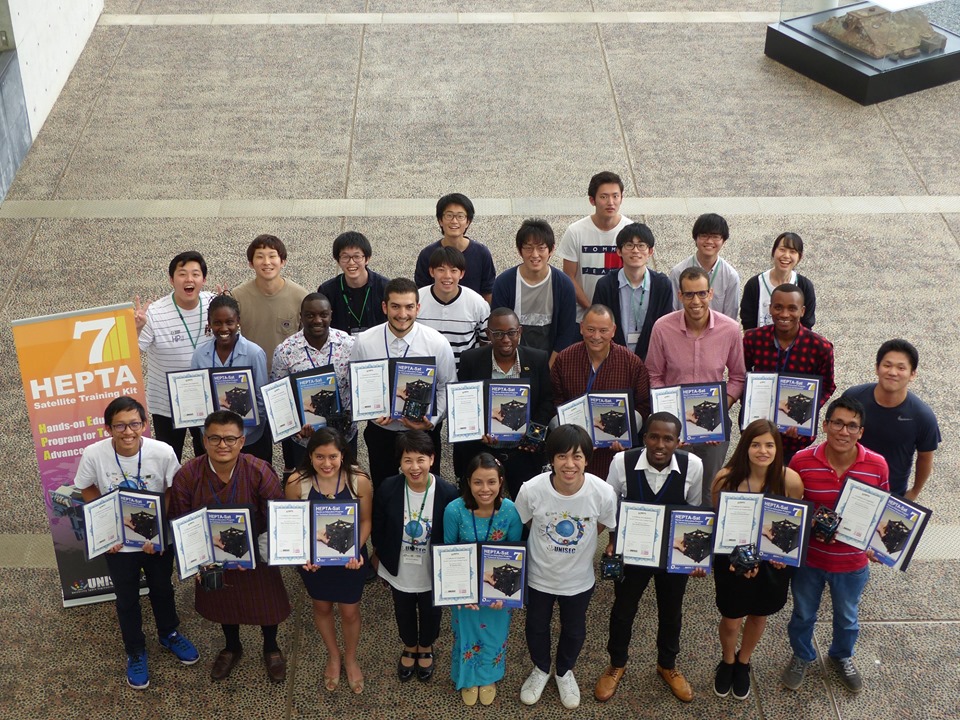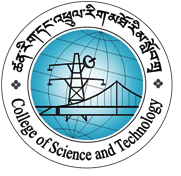The President and a faculty member from College of Science and Technology, RUB attended the 12-day long 10th CanSat Leader Training Program (CLTP-10) from 19th to 30th August 2019 at the College of Science and Technology, Nihon University, Chiba, Japan. The training was co-organized by Nihon University and UNISEC (University Space Engineering Consortium) Japan.
Before attending the training in Japan, the two participants had to undertake an online test and subsequent online lectures and quizzes for a month. During the training, participants learnt the basic subsystems of satellite viz. power supply, command and data handling, sensors, communication, structure and ground station as well as integration of subsystems to create a working satellite. Topics included space engineering methods and their implementation. Space engineering methods were learnt and practiced during the training by teaching 20 Japanese professionals from various backgrounds.
The CanSat Leader Training Program was initiated in 2010 to provide training for researchers and educators as capacity development in space technology. UNISEC and UNISEC member universities jointly organized the CLTP trainings. In the CLTP, participants are taught the entire life cycle of satellite development apart from the lectures on space engineering and nano-satellite development. Participants are expected to learn satellite development education methods through hands-on exercises using CanSat up until CLTP-7 and from CLTP-8, HEPTA Sat was used as the training kit. HEPTA Sat is a training kit developed by Professor Yamazaki from Nihon University, Japan for hands-on training on satellite development.
As a part of the outcome of this training, workshops on space engineering and satellite development for students, faculties and other stakeholders will be conducted at CST. These activities are all a direct result of the Royal vision of His Majesty the King to harness space resources and technologies for the benefit of our country, and to use space related activities to create a greater sense of interest and passion in our youth for Science, Technology and Innovation."

